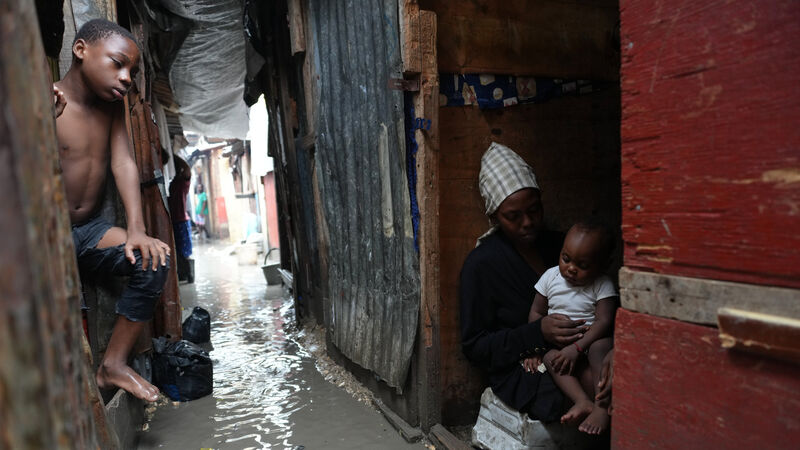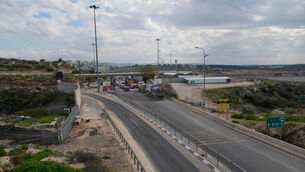Recovery begins as islands count the dead and cost of Hurricane Melissa

The rumble of large machinery, whine of chainsaws and chopping of machetes echoed through communities across the northern Caribbean on Thursday as they dug out from the destruction of Hurricane Melissa and assessed the damage left behind.
In south-eastern Jamaica, government workers and residents began clearing roads in a push to reach dozens of isolated communities that sustained a direct hit from one of the most powerful Atlantic hurricanes on record.
CLIMATE & SUSTAINABILITY HUB














